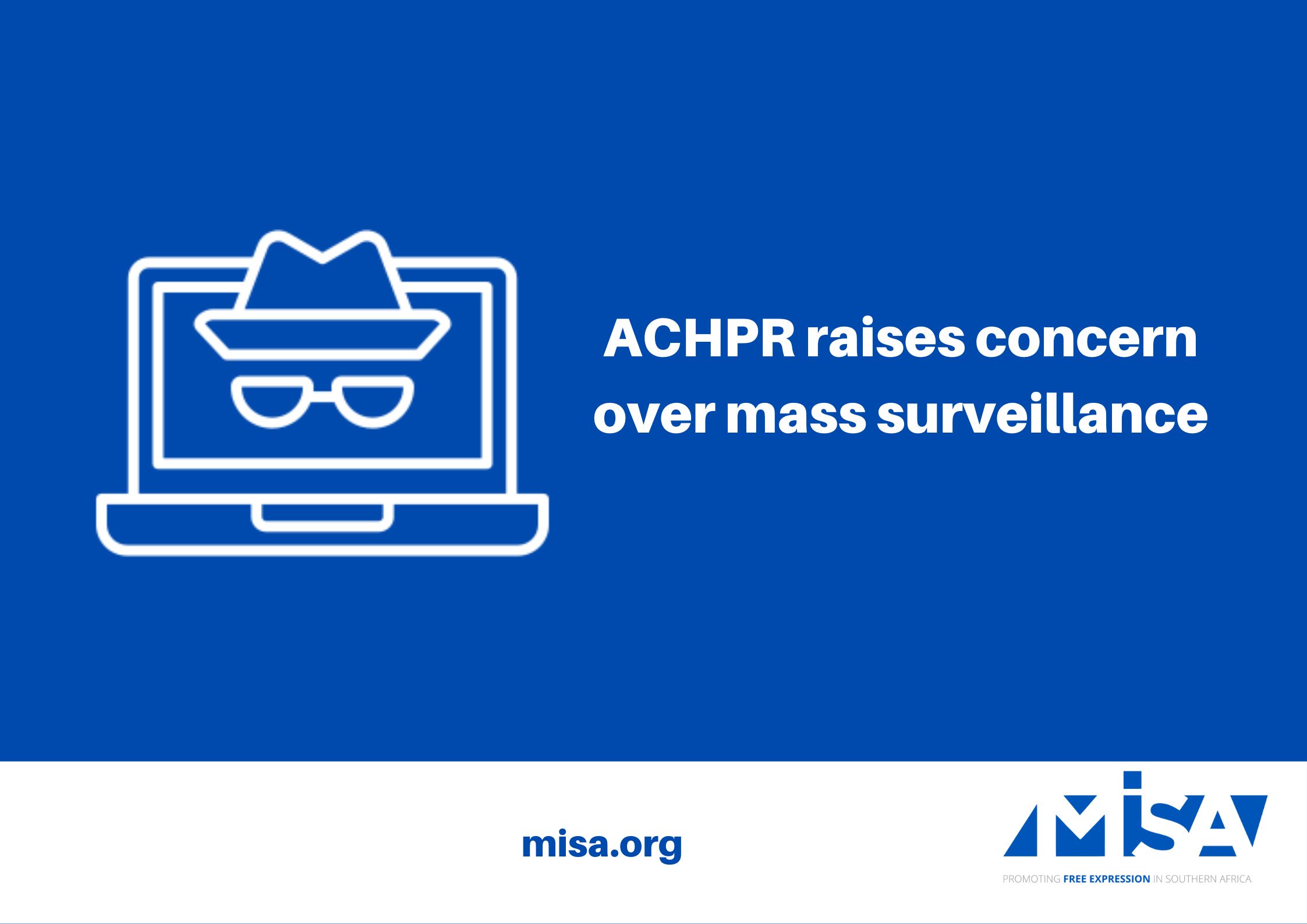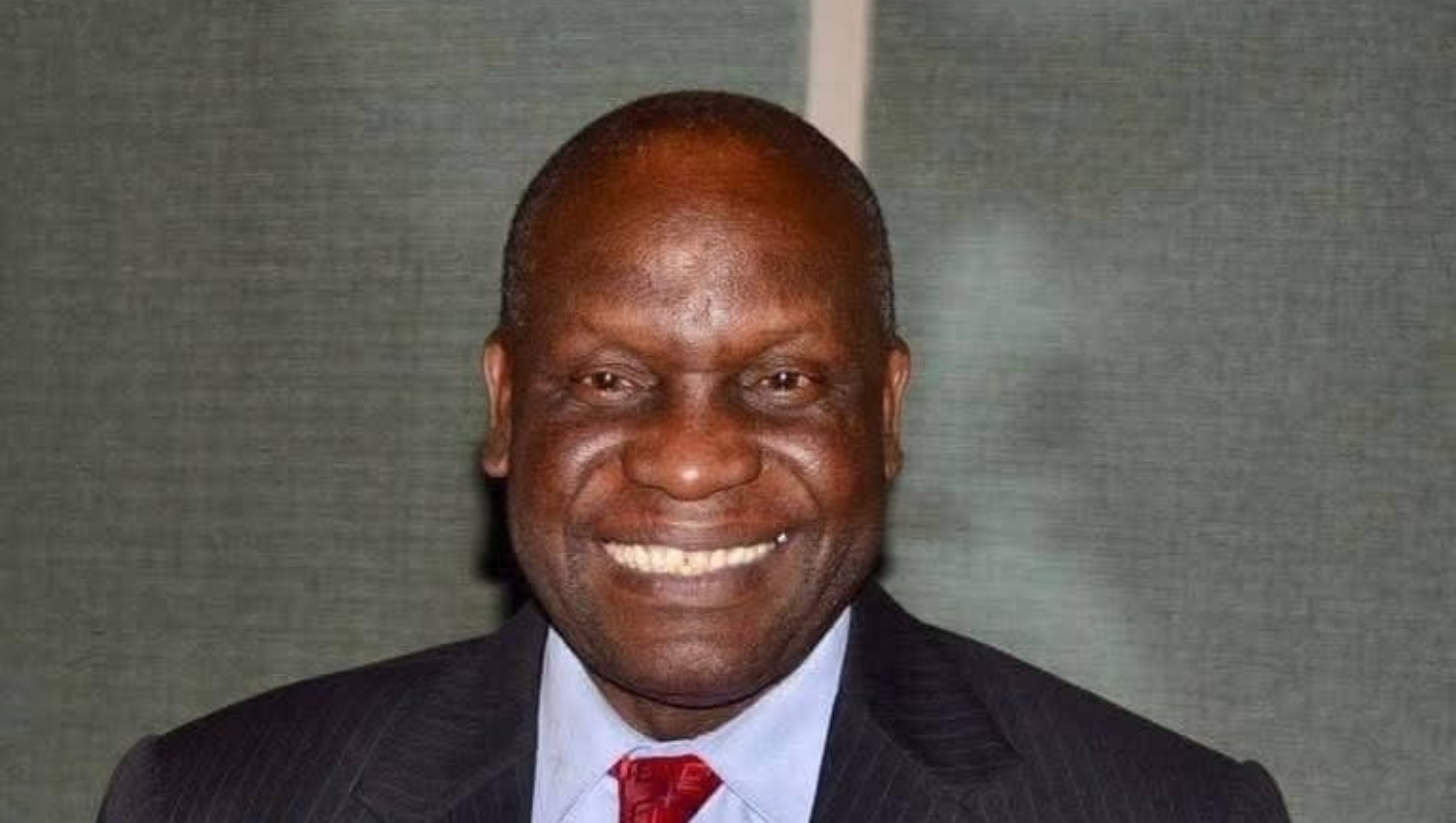The African Commission on Human and Peoples’ Rights (ACHPR) has raised concern about the prevalence of mass surveillance and unlawful targeted communication surveillance that does not conform with international human rights law and standards.
The ACHPR said this surveillance disproportionately targeted journalists, human rights defenders, and civil society organisations.
In a statement following the 77th Ordinary Session held from 20 October to 9 November 2023 in Arusha, Tanzania, the ACHPR reminded African nations that Principle 41 of the Declaration of Principles on Freedom of Expression and Access to Information in Africa states that countries should only engage in targeted surveillance in conformity with international human rights law.
The Commission said it was worried that states were engaging in surveillance without being guided by international standards.
The ACHPR encouraged African countries to “ensure that all restrictions on the rights to privacy and other fundamental freedoms, such as freedom of expression, freedom of association and freedom of assembly, are necessary and proportionate, and in line with the provisions of international human rights law and standards”.
Furthermore, the ACHPR said states should align approaches to the regulation of communication surveillance with relevant international human rights law and standards, considering safeguards such as the requirement for prior authorisation by an independent and impartial judicial authority and the need for effective monitoring and regular review by independent oversight mechanisms.
It said states should only engage in targeted communication surveillance that is authorised by law, conforms with international human rights law and standards, and premised on reasonable suspicion that a serious crime has been or is being carried out.
The ACHPR advised states against adopting laws or other measures prohibiting or weakening encryption, including backdoors, key escrows and data localisation requirements, unless such measures are justifiable and compatible with international human rights law and standards.
States should “ensure that victims of violations arising from arbitrary surveillance measures have access to effective remedies and take specific measures to investigate and prosecute cases of illegal and indiscriminate surveillance”, the Commission said.
MISA made a presentation to the ACHPR last year, where it warned about growing surveillance on the continent despite constitutional provisions protecting the right to privacy.
With Artificial Intelligence (AI) developments, MISA warned that surveillance was likely to become even more pervasive.
“Artificial Intelligence’s growth in Southern Africa adds a new layer of uncertainty for an already vulnerable media fraternity,” Tabani Moyo, the MISA Regional Director told the ACHPR.
“Surveillance is a massive threat to freedom of expression in the region. Governments must be more transparent in deploying surveillance equipment and the information they seek.”
Countries such as Botswana, Zambia and Zimbabwe have in the past purchased surveillance equipment from Israeli firm Circles and need to be more transparent on how they would deploy it and for what purposes.
Moyo pointed out that none of the three countries have responded to the report on their acquisition of surveillance equipment and the issue had never been presented to the countries’ respective legislatures.
“In countries with pervasive surveillance, sources of journalistic information and whistleblowers are too afraid to communicate with journalists. When whistleblowers cannot shine the light on dark spots because they fear surveillance, you know that democratic backsliding is in full motion and democracy is under threat,” Moyo said.
“Without proper safeguards for human rights, cyber security laws can be misused to stifle freedom of expression. Protecting human rights ensures that individuals can express their thoughts and opinions online without unwarranted interference or censorship. In particular, all laws must protect journalists’ work and sources.”
Importantly, Moyo pointed out that surveillance has a gendered aspect to it as well.
“This is recognised in the ACHPR Resolution 522 on Protecting Women Against Digital Violence in Africa,” he said.
“Particularly so on the resolutions to undertake measures to safeguard women journalists from digital violence, including gender-sensitive media literacy and digital security training; and to repeal vague and overly wide laws on surveillance as they contribute to the existing vulnerability of female journalists.”
MISA recommended that the ACHPR call on African states to ensure that the cybersecurity regulation is informed by the revised principles of the Declaration on Freedom of Expression and Access to Information.
MISA also called on countries to domesticate the ACHPR Resolution 522 to protect female journalists online.
The ACHPR noted MISA’s recommendations in the communique it issued.









